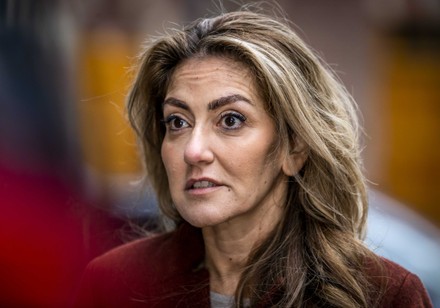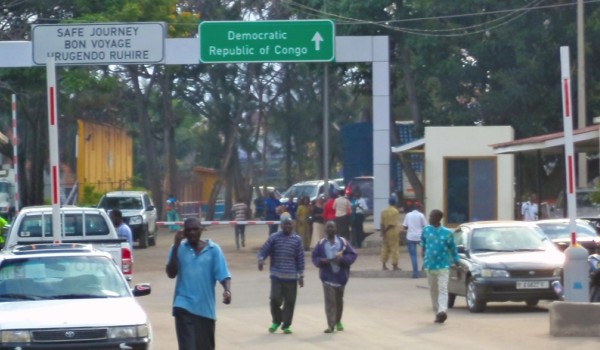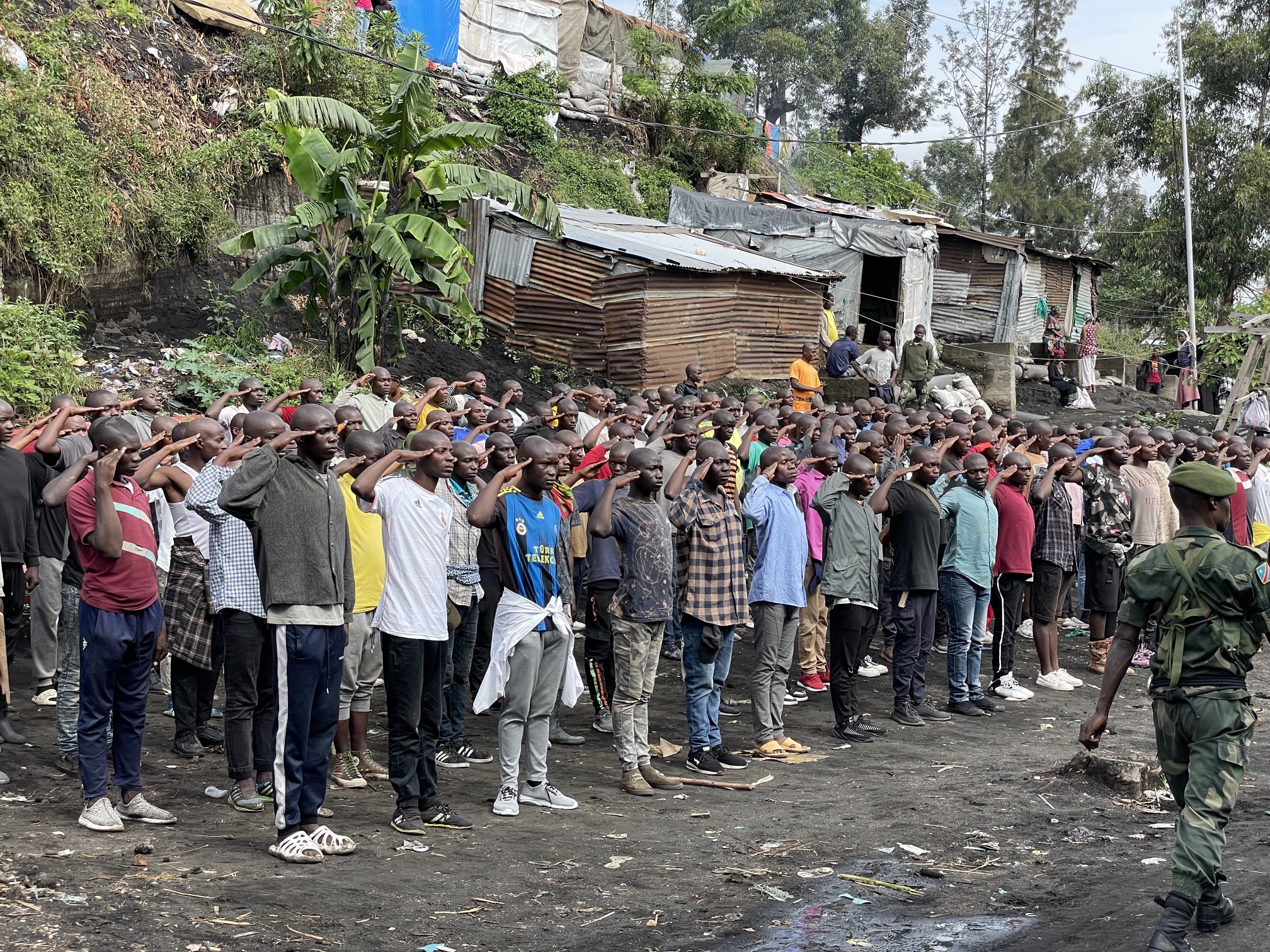Optinion
Travesty of justice
A Rwandan mass murderer and The Netherlands’ questionable judicial independence

On
November 9, a court in The Hague, ruled against the extradition of Rwandan
genocide suspect Pierre Claver Karangwa to Rwanda where he is wanted on charges
of Genocide and crimes against humanity.
By
and large, the court’s decision was based on messages and reports of Human
Rights Watch (HRW) and the input of Prof. Filip Reyntjens that cast doubt on
the ‘independence’ Rwanda’s judiciary in criminal cases against political
opponents.
The
court stressed that it was of the opinion that there are objectively justified
doubts about the judicial independence in Rwanda in the event of trial of some
political opponents of the ‘regime’, because of the risk of political
interference in that trial.
The
66-year-old was charged for genocide; conspiracy to commit genocide; complicity
in genocide; murder as a crime against humanity; extermination as a crime
against humanity; violation of Common Article 3 of the Geneva Conventions;
establishing, membership in, directing and participating in a criminal
organisation whose purpose is to cause harm to individuals and their property.
Refusing
the extradition of the genocidaire basing on inputs and messages of the biased
Human Rights Watch and the anti-Rwanda Belgian professor, Reyntjens, is a clear
sign of how judicial independence in the Netherlands is questionable.
Reyntjens,
a self-proclaimed expert on Rwanda and former senior adviser to President
Juvenal Habyarimana, is the author of the 1978 Rwandan Constitution that
entrenched ethnic divisions. Having instituted an apartheid regime against part
of the population, his work contributed much to the extermination of more than
one million Tutsi in the 1994 Genocide. Reyntjens was not only associated with
Habyarimana’s genocidal regime. Reyntjens, a friend of genocidaires, has
continued to closely identify with some of the mass murderers who planned and
executed the Genocide against the Tutsi.
Reyntjens
belongs with the framers of the genocide against Tutsi, the likes of Ferdinand
Nahimana, and Leon Mugesera. In November 1990, a month after the RPF/A launched
the war to liberate Rwanda, Habyarimana’s government organised two delegations,
one to Europe and another to North America, to drum up support for the
genocidal government.
Reyntjens
was part of the genocidal government’s delegation to Geneva which was led by
Nahimana, a historian later described by a witness at the International
tribunal for Rwanda (ICTR), as “Rwanda’s Joseph Goebbels.” The North American
delegation was led by Leon Mugesera, another genocide ideologue now serving
life for genocide crimes.
Courts
in The Netherlands giving the likes of Reyntjens and HRW a platform to presents
insights on whether or not to extradite a genocidaire to Rwanda is a mockery of
The Hague's judicial system. It is a travesty of justice. What kind of ideas
did The Netherlands court expect from an individual with such a tainted
background?
The
same court also confidently named HRW among respondents consulted on Karangwa’s
deportation to Rwanda turning a blind eye to how impartial the New York based
international organization is, notably for African countries.
Since
July 1994, after the RPF stopped the genocide against the Tutsi, HRW published
numerous reports against the current Rwandan government. The New-York-based
so-called rights group, Human Rights Watch (HRW), has never hidden its
poisonous agenda against Rwanda - publishing fabricated reports aimed at
smearing the reputation of the current Rwandan government and its institutions.
The
analysis of HRW’s bias against Rwanda, “The Travesty of Human Rights Watch on
Rwanda,” published on March 19, 2013 by Retired American diplomat turned
academic, Richard Johnson, sheds lights on how the organization has been
supporting the efforts of Rwandan genocide suspects to avoid transfer or
extradition to Rwanda by the ICTR or by national courts, on the grounds that
they would not get a fair trial.
Apart
from the case of Karangwa, whose extradition request was turned down by The
Hague, the HRW also played a great role in late 2008, when the ICTR rejected
the prosecutor’s first request for the transfer to Rwanda of several suspects
indicted by the UN Court.
Thanks
in part to HRW’s urging, in early 2009, a higher court in the UK, overturned a
lower court’s approval of a Rwandan request for extradition of genocide
suspects, implicated in the murder of thousands in the districts they governed.
These suspects and many more continue to live freely in the UK, France, Belgium
and The Netherlands. The question remains as to whether or not these countries
will hold them accountable for the atrocities they committed in the Genocide.
As
noted by Johnson, what HRW does about Rwanda is not human rights advocacy but
“political advocacy which has become profoundly unscrupulous in both its means
and its ends.”
And
it is this kind of “political advocacy which has become profoundly unscrupulous
in both its means and its ends,” that courts in The Netherlands base on to rule
on cases where serious crimes of Genocide, and crimes against humanity, are
concerned.


.jpg-20221115081527000000.jpg)
.jpg-20221111100048000000.jpg)
.jpg-20221111094954000000.jpg)

